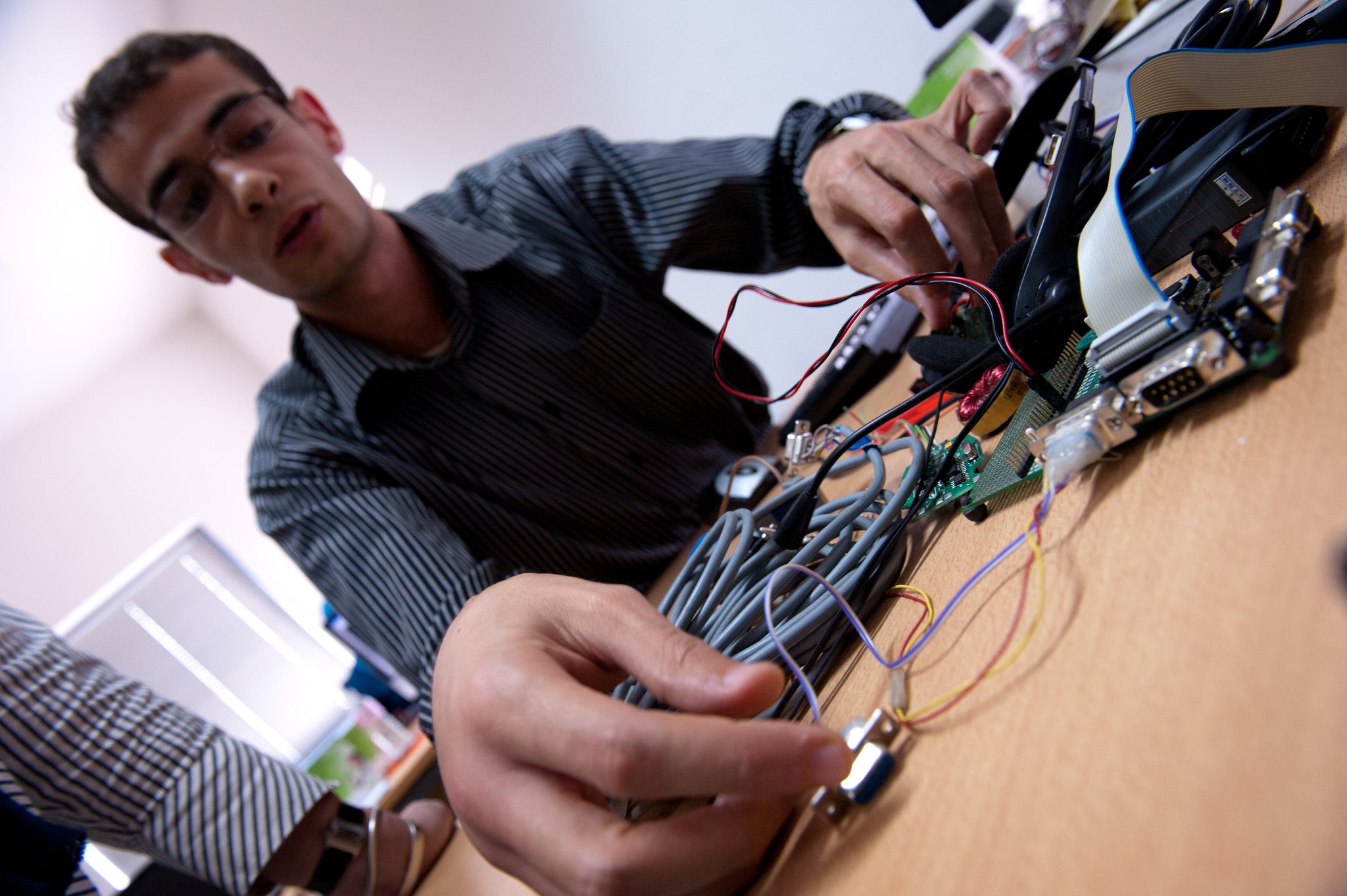The economy is in a restructuring process. Technology-led transformations are no longer limited to technology-related sectors and are beginning to affect structural sectors, including manufacturing, retailing, transportation and construction. Disruptions of business models are surging from a fragmented network of entrepreneurs and innovators. Cognitive skills are increasingly being replaced by technology-led productivity, affecting labor supply in both developing and developed countries. In turn, creativity and social skills are becoming more important and more valuable than ever before. This process has been called the Fourth Industrial Revolution.
Countries that are less prepared to adapt to these structural changes will suffer in their competitiveness. As much as 80 percent of the productivity gap between developed and emerging economies can be explained by the lag in transitioning to technology-led changes from previous economic restructuring processes (for example, the 18th- and 20th-century industrial revolutions). Automation is reducing the cost of traditional labor-intense industries (reducing costs relative to labor by 40 percent to 50 percent since 1990), shifting the cost structures that benefited emerging economies. Trade is shifting increasingly to digital goods and services. Knowledge-intensive flows of trade are already growing about 30 percent faster than capital- and labor-intensive trade flows. Jobs are also being affected, with routine cognitive functions being affected the most, while providers of intellectual and physical capital benefitting disproportionately. 
There are also opportunities stemming from this widespread diffusion of technology and transformational changes. Entrepreneurship and innovation is becoming affordable and de-localized. The innovation model of large capital-intense laboratories (e.g., Bell Labs) is not the most effective one anymore. Instead, open innovation (the process whereby large firms co-create innovation with entrepreneurs and other actors, instead of having an internal process) and innovation emerging from startups are increasing. Tech startup ecosystems have emerged in cities worldwide, in both emerging and developed economies, disrupting traditional business and creating new industries. This results in local innovation and business models that can be appropriated by the domestic economies. These ecosystems also generate new sources of jobs emerging from the structural changes produced by technology.
In 2014, I wrote a working paper in which I described the signs of this economic transformation and the policy areas that countries can develop to take advantage of the forces stemming from this transformation:
- Adapting education to provide practical skills for a predominantly knowledge-based economy,
- Promoting the development of local innovation ecosystems,
- Fostering entrepreneurship that creates new sectors and businesses, and
- Creating innovation networks and collaborative environments (for example, innovation labs) that will help existing core and traditional industries to remain competitive.
These policy areas guided my work over the last two years supporting startup ecosystems, the absorption of startup innovation in local economies, and the provision of 21 st-century technological skills. In future blog posts, I will explore some of this work with practical examples. I would welcome your comments and suggestions.


Join the Conversation